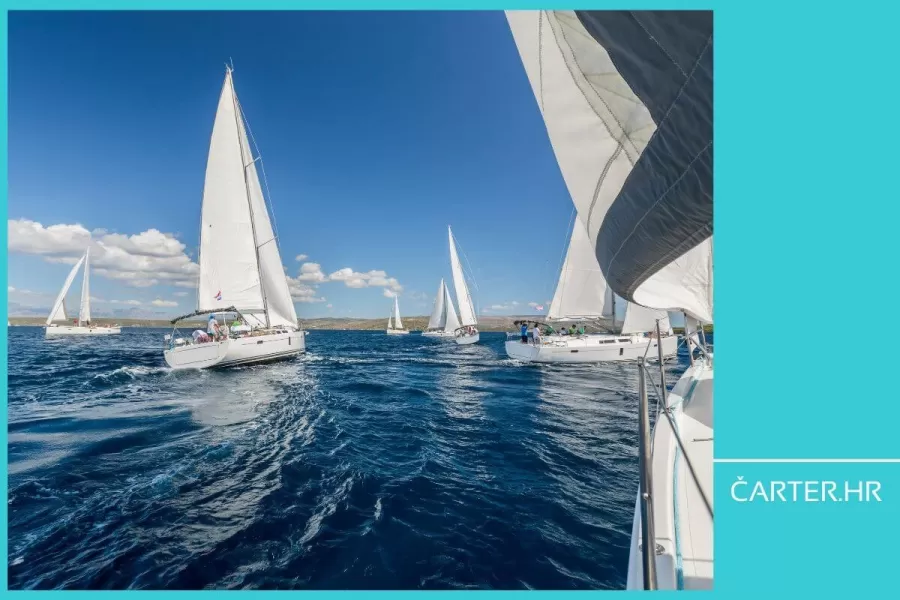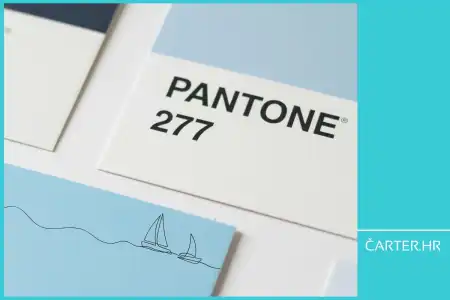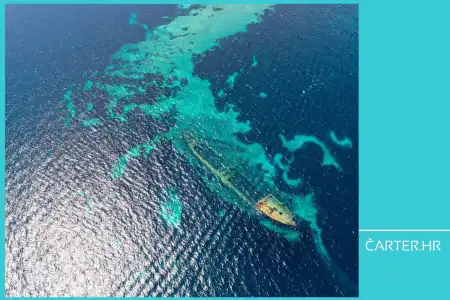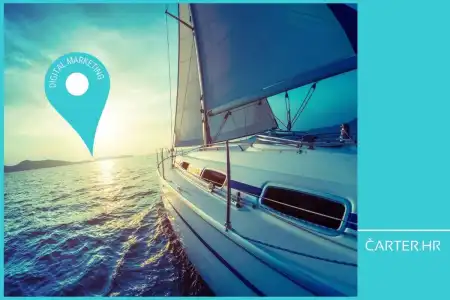
- 26.09.2023.
- News, Regulations
Do you know how rules and laws affect the yacht charter and maritime industry? Katarina Ćosić brings us everything about the role maritime law plays in shaping sustainable practices. From international agreements to shipowner and charter contracts, learn how law helps preserve marine ecosystems and promote sustainability.
Maritime law plays a vital role in the global yacht charter industry, which enables the chartering of ships and yachts for various purposes, including travel, diving, fishing and luxury cruises.
In addition to regulating the international trade of ships, maritime law also has a deep-seated influence on sustainable chartering practices.
This article will explore how maritime law shapes sustainable practices in the yacht charter industry and how it can contribute to the conservation of marine ecosystems.

Maritime law and environmental protection
International agreements play a crucial role in regulating maritime traffic and setting standards for sustainability in charter ships.
One of the most famous such agreements is the International Convention for the Prevention of Pollution from Ships (MARPOL). MARPOL sets strict guidelines and standards for controlling the discharge of pollutants into the sea, including oils, chemicals and wastewater. This agreement promotes sustainable practices and the responsibility of shipowners and operators to protect the marine environment.
Rights and obligations of the contracting parties
Maritime law also plays a crucial role in defining the rights and obligations of the parties to the yacht charter. The charter agreement (often known as the charter-party agreement) directly regulates the relationship between the ship owner and the yacht charter party.
This contract may include clauses related to sustainable practices, such as conditions related to the cargo being carried (e.g. cargo that may cause pollution), requirements for carrying out technical maintenance of the ship to reduce the risk of accidents or pollution, and conditions related to monitoring and reporting of environmental incidents.

Maritime traffic regulation
To ensure the safety of navigation and the protection of the environment, maritime law also regulates maritime transport.
This includes defining safe navigation rules, safe ports for departure and arrival, and environmental protection measures. Through these regulations, maritime law plays a key role in ensuring that ships operate in accordance with sustainable practices, minimizing the risk of accidents that can lead to marine pollution.
Maritime law and the future of yacht charters
The future of chartering depends on sustainable practices and respect for maritime law.
Key steps in this direction include stricter regulations on emissions and waste disposal from vessels and greater transparency regarding seafarers' working conditions.
It is also essential that yacht charter companies actively collaborate with government agencies and civil society organizations to promote sustainable initiatives.

Conclusion
Maritime law plays a key role in shaping sustainable practices in the yacht charter industry.
Through international agreements, regulation of rights and obligations of contracting parties, regulation of maritime traffic and liability for environmental damage, this law sets the framework for promoting safety, environmental protection and sustainability in the maritime industry.
In the future, maritime law will be expected to further develop to better respond to the challenges of sustainable chartering of ships and protection of the marine environment.
The yacht charter industry can play a key role in preserving our seas for future generations through collaboration and innovation.
Categories of trends
- News
- Sale
- Marketing
- SEO
- Web design
- Social media
- Technology
- Regulations
- Management
- Education
- Finances
- User experience
Newsletter
Sign up for the newsletter and receive the latest trends and tips straight to your inbox




